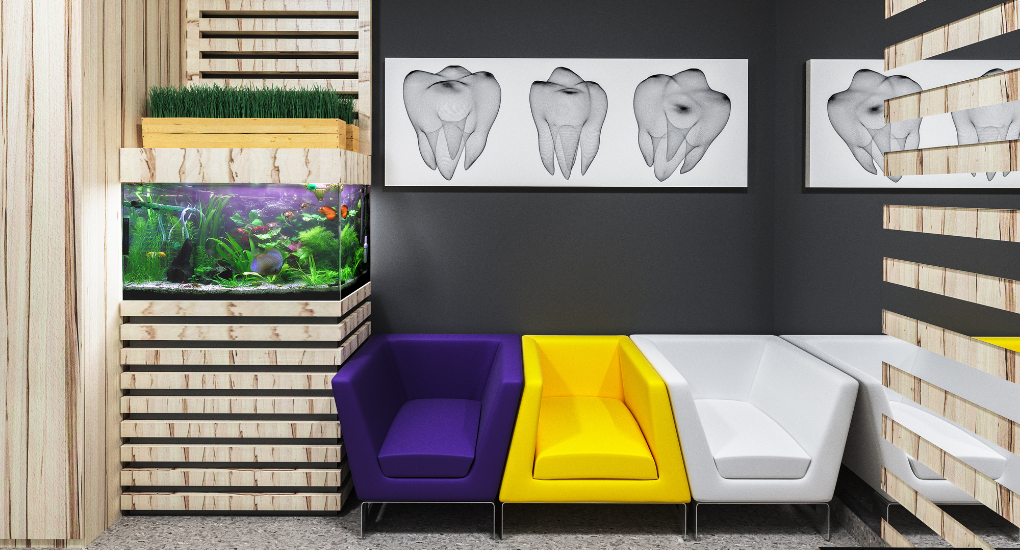5 Things to Consider When Buying a Dental Practice

Are you thinking about buying an existing dental practice? The first step in purchasing a dental practice is knowing what to look for. Additionally, you should consider how much income you will generate, how much potential for growth the practice has, and whether you will own the real estate.
We’ve broken down the business side of buying a dental practice to help you reach that goal. Ultimately, you want to be in a practice that is both professionally fulfilling and financially sound. Here are 5 things to consider before you buy a dental practice.
1. How much do you produce on a monthly basis?
Annualize this amount and consider this to be the lowest annual collections you are looking for when purchasing a practice. Often people think buying a cheap practice is best so they’re not going into debt. But you have to ask yourself, why is it so cheap? Is there a problem with cash flow? You should never buy a practice that will result in your income dropping.
If you, as an associate, do $1 million in doctor production, you shouldn’t be looking at a practice that does $500,000 in production because you will not maximize your ability to produce with the practice you are acquiring! This leads to hundreds of thousands of dollars in lost opportunity costs in comparison to what you can actually produce based upon your history. Also remember, when you are looking to acquire a practice, this includes hygiene production, something you do not typically receive when you are an associate. So if you are looking at a practice that does $1 million in collections, the doctor production should be around $750,000. This means you can adequately cover the existing doctor production and allow yourself to continue to grow the practice.
2. Can you do all of the procedures the selling doctor does?
Never buy practice if you can’t replicate 95-100% of procedures the seller does. If you don’t provide implants, and 20% of a practice’s revenue is implant-based, say goodbye to that 20% of expected income if you buy the practice. Who YOU are as a buyer is one of the most important parts of buying a practice. You will be throwing away income if you can’t do what the seller does.
3. Would you add any procedures to the practice?
Alternatively, if you provide services that the seller currently does not or is outsourcing, this provides an opportunity for more revenue for services that you can provide in-house which means higher profits for you.
4. What % of overall revenues is hygiene?
The percentage of revenue from hygiene should be 25% or greater. If it is not, more digging is required. If hygiene revenue is anything less than 20% revenue, it tends to be one of two things:
Seller is aggressive in treatment planning
Aggressive treatment can involve doing procedures that shouldn’t have been done in the first place. When there is more complete dentistry performed, there will be less of a return on investment as patients will not need to return as often for follow-up procedures or care. Maybe a patient simply needed a filling, but the doctor did a crown instead. If this is how the seller is operating, it decreases the frequency of patients coming back and lowers your potential revenue going forward because they’ve already primed their patient. If this is the case, the only income you will get from the active patients, for the most part, will be in hygiene services.
Seller has a bad recall system for patients
For whatever reason, patients are not coming back. They are not in the system as recurring patients. This can be due to patients leaving because they may feel as though they are trying to be sold something they do not need or it can simply be because the owner doesn’t have the right systems in place to increase the likelihood the patients will return. If the latter is true, this is an opportunity for you to take a negative associated with the existing practice and turn it into a positive for you! But investigate! Aggressive treatment is bad for you, bad systems could be a huge benefit.
5. Who owns the real estate?
If the seller owns the real estate, you need to make a strong push to acquire it. If you own rather than rent, you will be able to build equity and save money in the long term. Owning the real estate will allow you to pay yourself rather than a landlord and save money with smart tax planning. The worst person you can have for your landlord is the former owner of the dental practice. Too many things can go wrong which can negatively impact the goodwill of the dental practice you acquired.
Our Dental Attorneys Can Help You Buy a Practice
When deciding to purchase a dental practice, many factors must be considered. Our experienced dental lawyers at Wood and Delgado can help you evaluate a potential practice so that you make the right decision for your career. We are committed to helping you find a practice that is both professionally rewarding and financially secure.
Wood and Delgado has represented over 8,000 dentists since 1980 and focuses its efforts on supporting the dental community with their business needs. If you have questions about leasing office space, or buying or selling a dental practice, don’t hesitate to contact Wood and Delgado at 800-499-1474.
